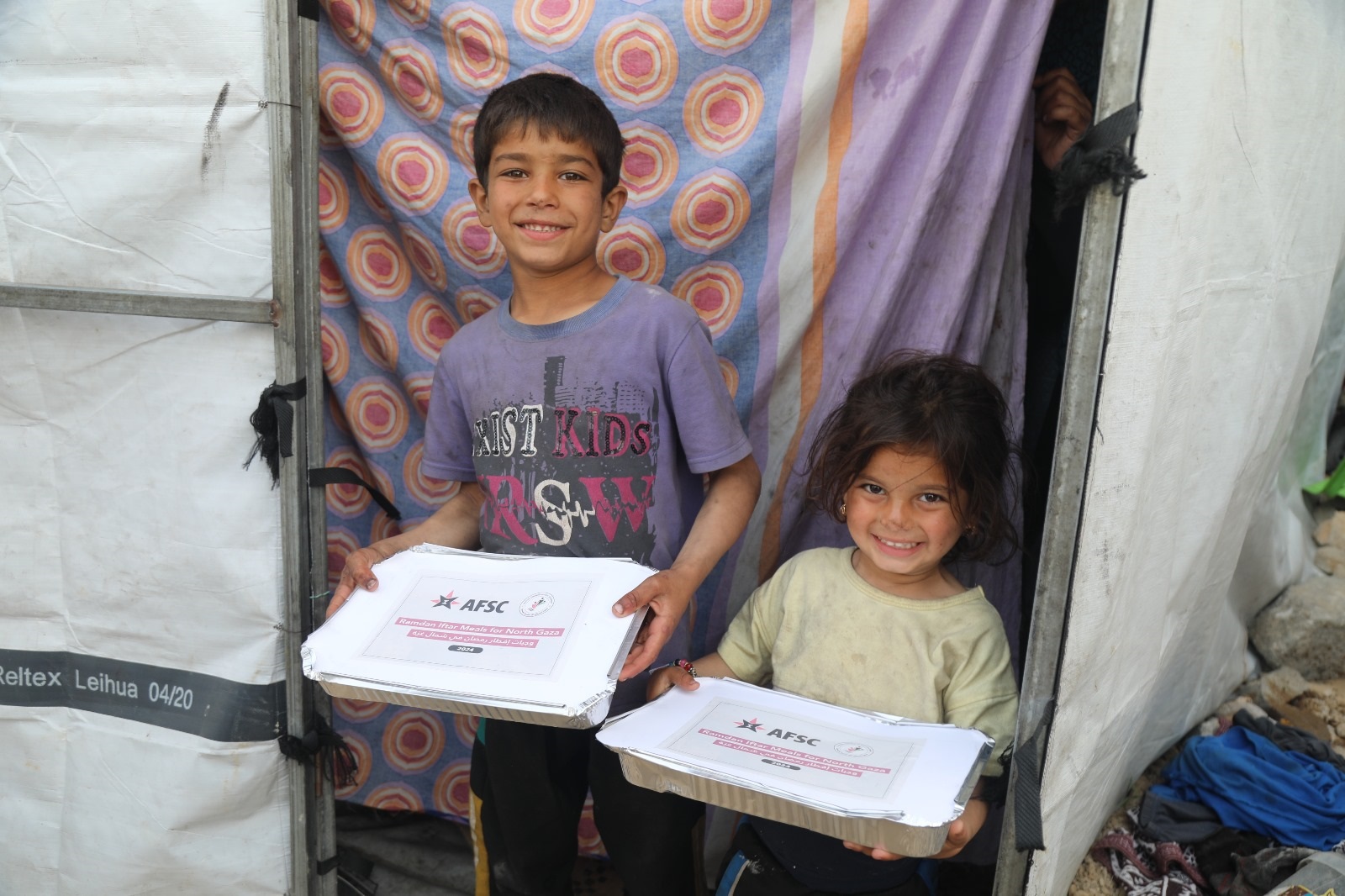
PHILADELPHIA (September 12, 2024) - A new Gaza Humanitarian Access Snapshot, compiled by thirty INGOs active in the Gaza Strip, reports on the continued severe safety risks and challenges in delivering aid. See the full report here.
The Polio vaccination campaign evidenced again how humanitarian aid workers risk their lives in their efforts to aid Palestinians in Gaza. Despite using the required Israeli coordination and notification systems, the Israeli army obstructed at gun point the access of aid workers when heading north to complete the third phase of the Gaza Strip-wide polio vaccination campaign. The Polio vaccination campaign began September 1 – led by the WHO, UNICEF and humanitarian agencies – and aims to vaccinate 640,000 children under 10. Despite the success of the campaign so far, NGOs reported various challenges, including safety concerns around the transportation of vaccines to medical points around the Gaza strip, and fuel shortages at hospitals.
“In collaboration with the Ministry of Health in Gaza, the Al Awda Health and Community Association is carrying out a polio vaccination campaign through primary healthcare centres throughout Gaza. However, medical teams face challenges such as fuel shortages due to restrictions imposed by the Israeli army,” said Dr. Mohammed Salha, acting director, Al-Awda Hospital.
According to UN reports, an Israeli airstrike on an Anera aid convoy killed four Palestinians, while nine were killed when a UN warehouse in Nusseirat was hit by another Israeli strike. The World Food Programme temporarily suspended staff movements after one of its convoys was attacked, while three organisations reported that they had been forced to cancel or delay planned aid operations to ensure the safety of those involved due to the risk of strikes and unsafe conditions.
In the West Bank, aid activities have been severely disrupted by Israeli military airstrikes and ground operations into Palestinian northern cities and refugee camps. Due to the extreme danger, movement restrictions and destruction of infrastructure, Médecins du Monde reported that it was only able to access forcibly displaced Palestinian civilians in the Jenin governorate six days after the army’s operation in the area began, causing a detrimental delay in the provision of direly needed medical and psychological emergency support.
“Humanitarian workers should not have to work in such challenging and dangerous conditions: the Israeli government must comply with its obligations of International Humanitarian Law and facilitate safe, unhindered access for all humanitarian assistance in both Gaza and the West Bank and guarantee the safety of all humanitarian actors,” said Hanady Muhiar, Palestine/Israel Country Representative for the American Friends Service Committee.
###
The American Friends Service Committee (AFSC) promotes a world free of violence, inequality, and oppression. Guided by the Quaker belief in the divine light within each person, we nurture the seeds of change and the respect for human life to fundamentally transform our societies and institutions. We work with people and partners worldwide, of all faiths and backgrounds, to meet urgent community needs, challenge injustice, and build peace.